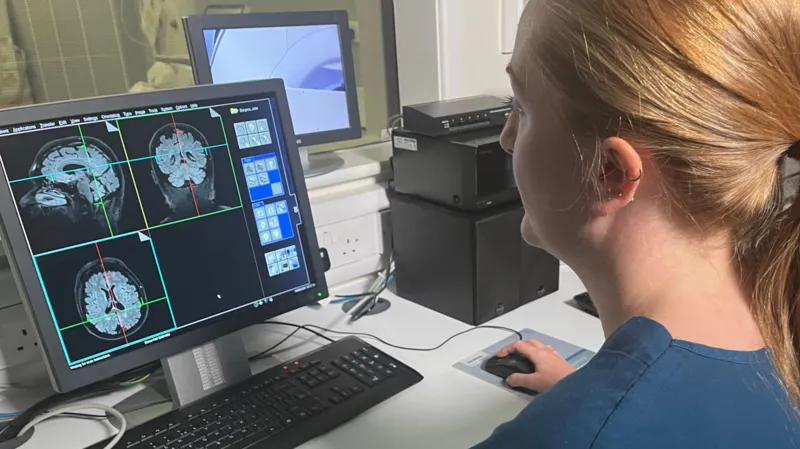An unprecedented set of 20 researchers from the universities of Dundee and Edinburgh have been granted access to a vast collection of anonymised scans collected over a ten-year period from people all throughout Scotland.
This is the first time that such substantial amounts of priceless data have been available to UK scientists.
The scans will be analyzed using artificial intelligence (AI) to look for any trends or dementia-related symptoms.
The accumulation of various protein types in the brain, which causes damage to brain tissue and impairs cognitive function, is a hallmark of dementia.
The brain’s molecular and cellular alterations typically start years before any symptoms show up.
By examining so many brain scans, the researchers want to create instruments that will aid radiologists in early diagnosis.
NHS Scotland has granted permission for the scientists to utilize 1.6 million CT and MRI scans that were taken between 2008 and 2018 as part of standard clinical care.
Prior studies have been constrained by the availability of substantially fewer images.
NHS Scotland’s Public Benefit and Privacy Panel for Health and Social Care, whose job it is to ensure that applicants have considered the public benefit and privacy issues, made the decision to approve the research of so many scans.







